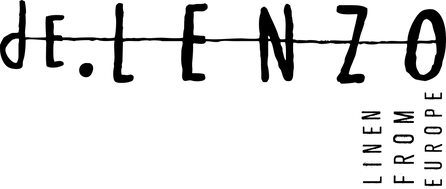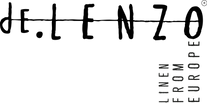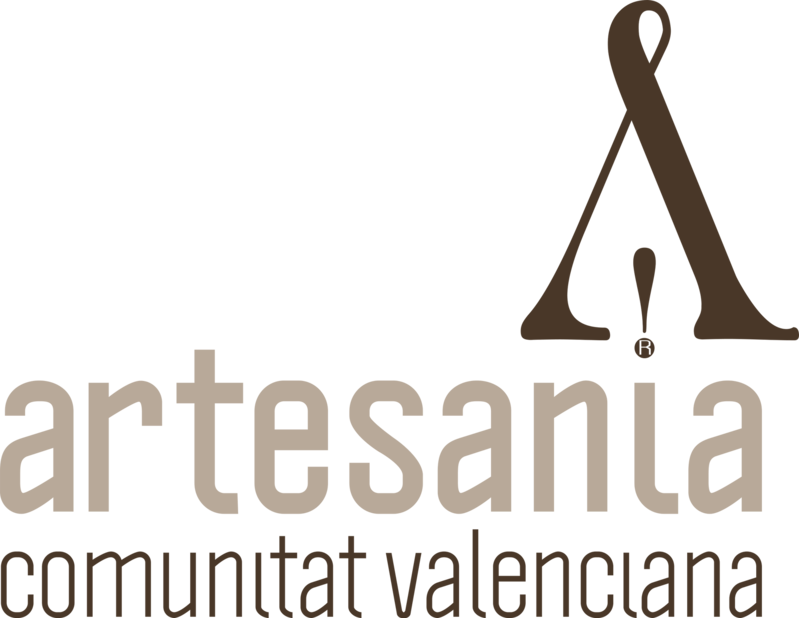What is OEKO-TEX®? is an independent international association made up of 18 authorized institutes and present in 85 countries around the world. With more than 25 years of experience, OEKO-TEX® is the world leader in enabling consumers and businesses to protect the planet through responsible trade. OEKO-TEX® offers standardized solutions with which customers can optimize their production process and help bring high-quality and sustainable products to the market.
What is the certification process like? The OEKO-TEX® certification system continuously adapts to legal and regulatory requirements, promoting the development of sustainable products in the textile and leather industry. The certification process of any of the OEKO labels -TEX® follows, in all cases, standard quality controls applicable in all countries of the world. Companies interested in acquiring the OEKO-TEX® certification must comply with all control standards in the production processes they carry out. For this, there are a series of verification criteria, documentary study of the information provided and analysis of samples or materials. After evaluating the results and if they meet the requirements of each certificate, the accredited institutes will issue the corresponding OEKO-TEX® certificate.
STANDARD 100 by OEKO-TEX Certification ® The STANDARD 100 by OEKO-TEX® certificate is the most used ecological label in the world to guarantee that labeled textile products have been tested for more than 300 harmful substances. The certification is based on the scientifically based OEKO-TEX® criteria catalog and neutral laboratory tests, taking into account numerous substances, both regulated and unregulated, that could be harmful to health, as well as preventive parameters. In many cases, the limit values established for STANDARD 100 by OEKO-TEX® exceed national and international requirements.
The types of products certified by the STANDARD 100 by OEKO-TEX® certificate are grouped into four classes: Articles that may be in direct contact with the skin for babies and children up to three years old (underwear, clothing towels, diapers, hygiene products, etc.) items in direct contact with the skin (underwear, bedding, t-shirts, socks, etc.) items that are not in direct contact with the skin (jackets, coats , etc.) and decoration materials (tablecloths, curtains, covers for upholstered furniture, etc.) It is possible to certify any type of product used in the textile industry: flock, yarn, fabric, ready-made garments, for the home, textile accessories, buttons, foams, feathers, down, etc.
The certificate gives the tested products an internationally recognized eco-label that is renewed every year. This certification documents that the analyzed products have been inspected and meet the requirements of a common product class.
In dE.LENZO, we have certified all our fabrics and our preparation with the standard 100 CLASS I (The one aimed at textile products that are in contact with the skin of the smallest.) so our finished products; including zippers, buttons, labels and thread, have the Standard 100 by OEKO-TEX, renewed year after year.






